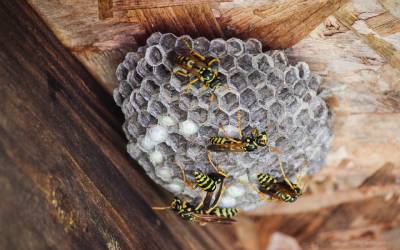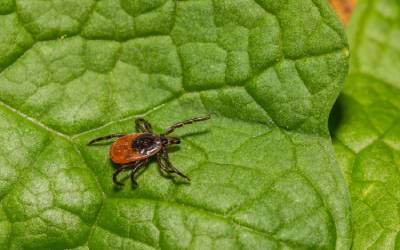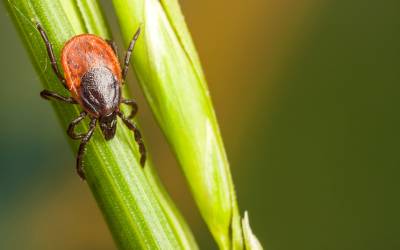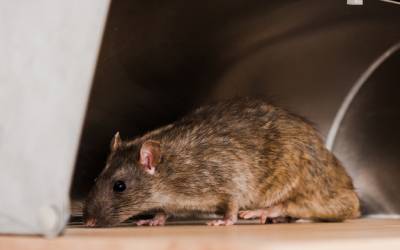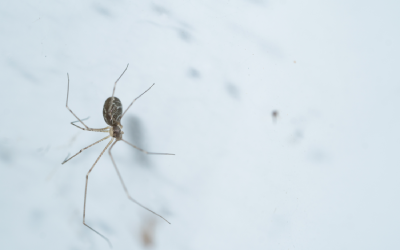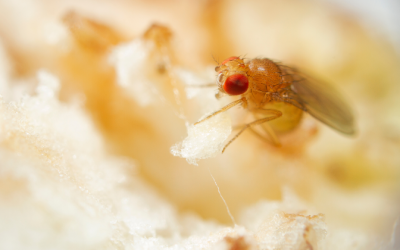Wasps have developed a bad reputation around Mid-South TN. Although some people think of wasps as bees’ unproductive and temperamental cousins, these insects are actually very important pollinators and even better at controlling populations of agricultural pests. They’ve earned the right to get a bit defensive if you mess with their nests! The more unfortunate of us know what it’s like to be stung by wasps repeatedly, even when you’ve done nothing intentional to disrupt their business. If you’re wondering what you can do to prevent wasp stings, read on for advice from the expert wasp control technicians at Inman-Murphy, Inc.
Avoiding Wasp Stings
The most effective way to avoid wasp stings is to keep wasps from building nests in your yard in the first place. Here are a few ways you can do this on your own without any pest control products or experience:
- Be careful with your food. Don’t leave out sweet or protein-rich foods and drinks for too long.
- Toss your food, containers, and drinks in sealable bins
- Maintain your yard to keep overgrown grass, plants, and trees from providing prime nesting sites.
If wasps have already started building nests in your yard, you have to be careful not to make yourself a target for stings. Here are some ways we recommend you protect yourself from them:
- Be cautious around their nests. Moving slowly and carefully will lessen your chances of stings
- Stay still if a wasp flies up to you to check you out
- Don’t swat at wasps. They will quickly become angered and signal to their friends for help
- If running away is your last resort, do so in a straight line without waving your arms.
How to Deal with a Wasp Sting
It can be easier than we would like to accidentally anger a wasp. Sometimes, they’ll sneak up on you and sting you without any prior warning. Here’s how you can ease your symptoms if you’ve been stung:
- Make a cold compress using an ice pack or a rag soaked in cold water
- Take ibuprofen or another over-the-counter pain reliever
- Use an antihistamine to help with swelling around the site of the sting
If you or someone else starts to experience faintness, difficulty breathing, nausea, or swelling of the face and mouth after a sting, call an ambulance right away. These are common symptoms of anaphylaxis, a serious form of allergic reaction.
Removing Wasp Nests in Mid-South TN
It might be tempting, but you should never try to remove a wasp nest on your own. Wasp nests often host more individuals than you would imagine, so disturbing their nest can lead to a barrage of stings. Instead, reach out to your local wasp nest removal experts. Our technicians at Inman-Murphy, Inc. are trained in multiple methods of effective, harmless wasp removal. We can assess your situation to find the reasons that wasps are nesting and help you prevent further construction in the future. For a free quote, contact us today!

